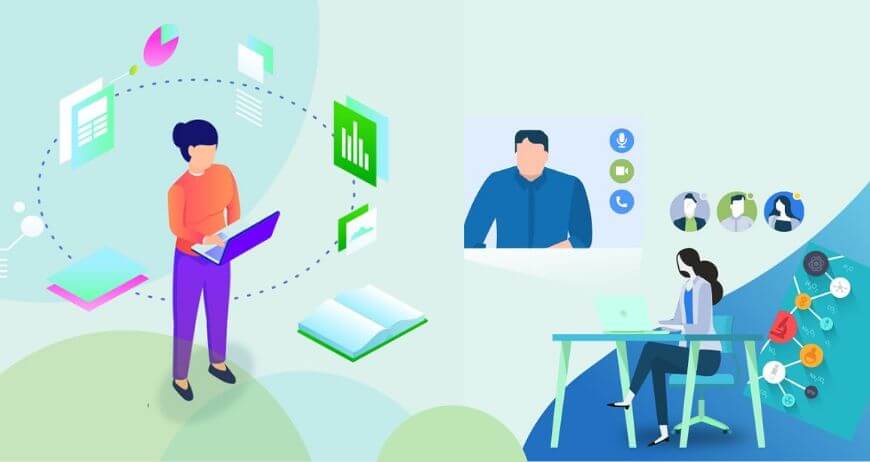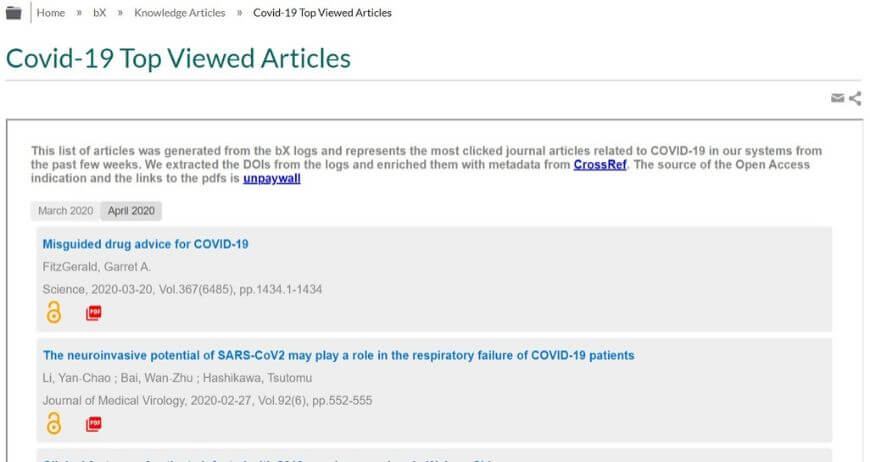By Christine Stohn, Senior Product Manager, Discovery & Delivery, Ex Libris
Library discovery systems such as Ex Libris Primo have been around for a number of years, and are constantly being enhanced with new features and content. Today, they handle diverse types of material and an amount of information far beyond the users’ capability to sift through. Nevertheless, users in academia expect discovery systems to support them no matter what they want to accomplish.
And this is where it becomes interesting. How much do we really know about users’ needs and how they accomplish their tasks?
Where to Look?
Part of the answer lies in an analysis of our system search logs, an important and regularly used tool for enhancing search capabilities and results ranking. But this alone is not sufficient.
When we started looking at possible “next generation” features and a new User Interface design for Primo, we decided to challenge our assumptions about discovery with some deeper research. We wanted to understand the entire user scenario, in context, rather than just depending on search log data.
That was how our user study project came about. Our goals were to identify similarities and differences between various types of users, as well as recurring user scenarios and needs, and to determine how discovery could best support them.
Whom to Ask?
Librarians, naturally, but also users directly. We started off by conducting workshops at two universities with librarians from 17 institutions. To round out this picture, we also consulted informally with librarians from other schools.
Next, we turned to undergraduates and graduate students, researchers, and faculty from different institutions to fill out questionnaires or answer questions about their work. For this study, we called them “users” in the broadest sense, whether they used a library discovery system (or even the library) or not.
We sought qualitative, rather than quantitative results, to give us insights into what makes for a successful discovery process. Specifically, we looked for user scenarios that described why someone sought material, in what context, how they went about it and what their experience was like.
What to Ask?
In the interviews and questionnaires, we focused on keeping it short, while still getting the most useful possible information. We began with some questions about the user’s background and preferences, such as:
- Discipline
- Academic level
- Research needs and habits
- Likes and dislikes, etc.
However, the most important part was the last question, in which we asked users to describe the process of a specific research task they had recently undertaken. Listening to the scenarios allowed us to clarify some of the other information provided, while the initial answers themselves took on much richer meaning when read in the context of this open-ended question.
What We Learned About Learning
Apart from providing us with a lot of input for our product roadmap, we found the user studies to be revealing, at times surprising, but always very enriching. Four core discovery concepts became particularly apparent from recurring themes we identified in the user scenarios:
- Search and find
- Exploration
- Learning
- Personalization
Next time, we’ll begin to look at how lessons learned from our user studies can be applied across those four aspects of discovery.
In the meantime, we would love to hear from you. Please share with us (below) an unusual, funny, interesting or complex user scenario you’ve encountered. You can also email me directly.
(And if you just can’t wait for the coming posts, download the full white paper here: How Do Users Search and Discover).
You might also be interested in

Alma
Community
COVID-19
Librarianship
Library Discovery
May 19, 2020 |
1 min read
Introducing Two New COVID-19 Programs to Support Higher Education Institutions

bX
COVID-19
Librarianship
Library Discovery
Research
May 14, 2020 |
2 min read
What COVID-19 Articles did Patrons Access? A List of Top Viewed Articles

campusM
Leganto
Pivot
RapidILL
COVID-19
Library Discovery
Mobile Campus
Research
March 30, 2020 |
4 min read
COVID-19: New initiatives to support the Ex Libris community
Great library experiences start with software
Download whitepaper

Librarianship
Library Discovery
August 20, 2018 |
1 min read
Impact of Library Discovery: The Surveys Speak

Primo
Library Discovery
August 16, 2018 |
1 min read
How Effective is your Library Discovery? Three Important Tips

Library Discovery
Open Platform
February 07, 2018 |
1 min read
Choose Your Own Library Discovery Service

Library Discovery
Open Platform
February 07, 2018 |
1 min read
Choose Your Own Library Discovery Service

Library Discovery
Open Platform
February 07, 2018 |
1 min read
Choose Your Own Library Discovery Service

